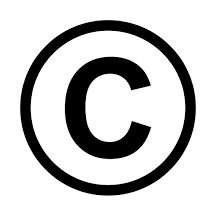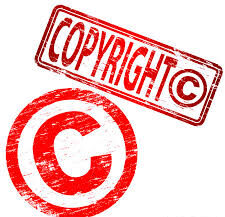Posts by Connie J. Mableson
Amazon’s New Policy on AI
Amazon recently adopted a new policy regarding books that are created using AI. Here is the policy. Artificial intelligence (AI) content (text, images, or translations) We require you to inform us of AI-generated content (text, images, or translations) when you publish a new book or make edits to and republish an existing book through KDP.…
Read MoreGreat Guide to Book Writing Software
If you are looking for the right software to help you write your book, I found a great guide to the many different products here. (click on the word “here” to take you to the article).
Read MoreThe Writer’s Legal GPS
Probably the best book for Writer’s who want to understand the legal aspects of publishing is Matt Knight’s “The Writer’s Legal GPS”. It is loaded with current and comprehensive information that covers a wide range of topics important to the writer. It includes an Appendix with forms and an Index. Highly recommend! Matt’s web page:…
Read MoreUsing Real People in Your Manuscript – Legal and Practical Considerations
Memoirs and biographies are real stories about real people, places, and events. Using real people, places and events comes with heightened legal risks. An author needs to be particularly sensitive about the truthfulness and accuracy of the information. How will the person being written about feel if and when he or she reads your manuscript?…
Read MoreHow to get Copyright Protection for AI Works
HOW TO DETERMINE IF AI-GENERATED WORKS QUALIFY FOR COPYRIGHT PROTECTION, and, IF SO HOW TO FILE A COPYRIGHT APPLICATION FOR AI GENERATED WORKS Introduction The use of sophisticated artificial intelligence (“AI”) technologies capable of producing expressive material are quickly developing. These technologies train on vast quantities of preexisting human-authored works and use inferences from that…
Read MoreDisclaimers in Non-Fiction or “Based Upon” Books & Films
Disclaimers in Non-Fiction books are standard and sometimes very necessary to limit liability. However, a disclaimer should not be treated as an opportunity to be funny, witty or creative. Recently, Netflix was sued by the real Rachel Williams, whose real name and alleged real personality and life events were portrayed by Netflix in its show…
Read MoreNEW FEDERAL COPYRIGHT LAW: CASE ACT
NEW FEDERAL COPYRIGHT LAW: CASE ACT Small claims tribunal for copyright infringement claims On December 27, 2020, the long-awaited CASE Act was signed into law. It establishes a small claims court for copyright infringement claims under $30,000. If your book or other creative project has been infringed, you can opt to bring an action before…
Read MoreCOPYRIGHT LAW OVERVIEW – 1.1
Copyright was important to the founding fathers. Article I, section 8, clause 8 of the U.S. Constitution provides that, “The Congress shall have Power … to promote the Progress of Science and useful Arts, by securing for limited Times to Authors and Inventors the exclusive Right to their respective Writings and Discoveries.” The framers of…
Read MoreCOPYRIGHT LAW OVERVIEW – 1.2
When Does a Copyright Arise – 1.2? Under current Copyright Law, a copyright arises automatically when two (2) prerequisites have been satisfied. First, the Content (also known as the “work,” or “material,”) must be original, independently created by a human, and contain a modicum of creativity. Copyright protection does not extend to ideas, concepts, discoveries,…
Read MoreCOPYRIGHT LAW OVERVIEW – 1.3
1.3 TYPES OF CONTENT COVERED BY COPYRIGHT LAW Content can be created by anyone. The people who create original Content are typically referred to as “creators,” “authors,” or “writers.” Virtually any type of creative expression can be found online. This includes text, images, moving pictures, illustrations, photographs, music, and a combination of any…
Read More
